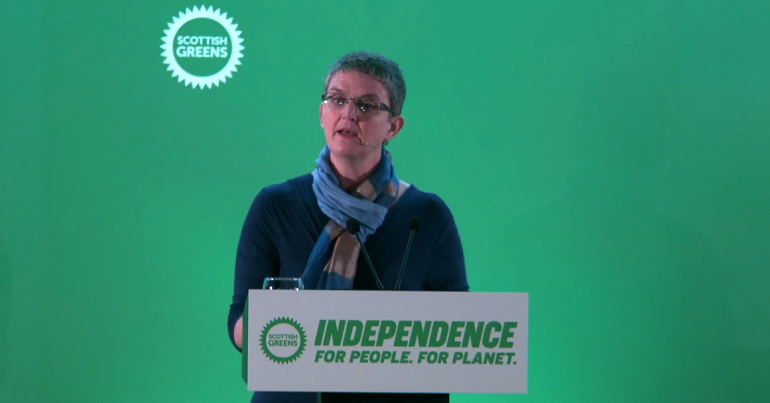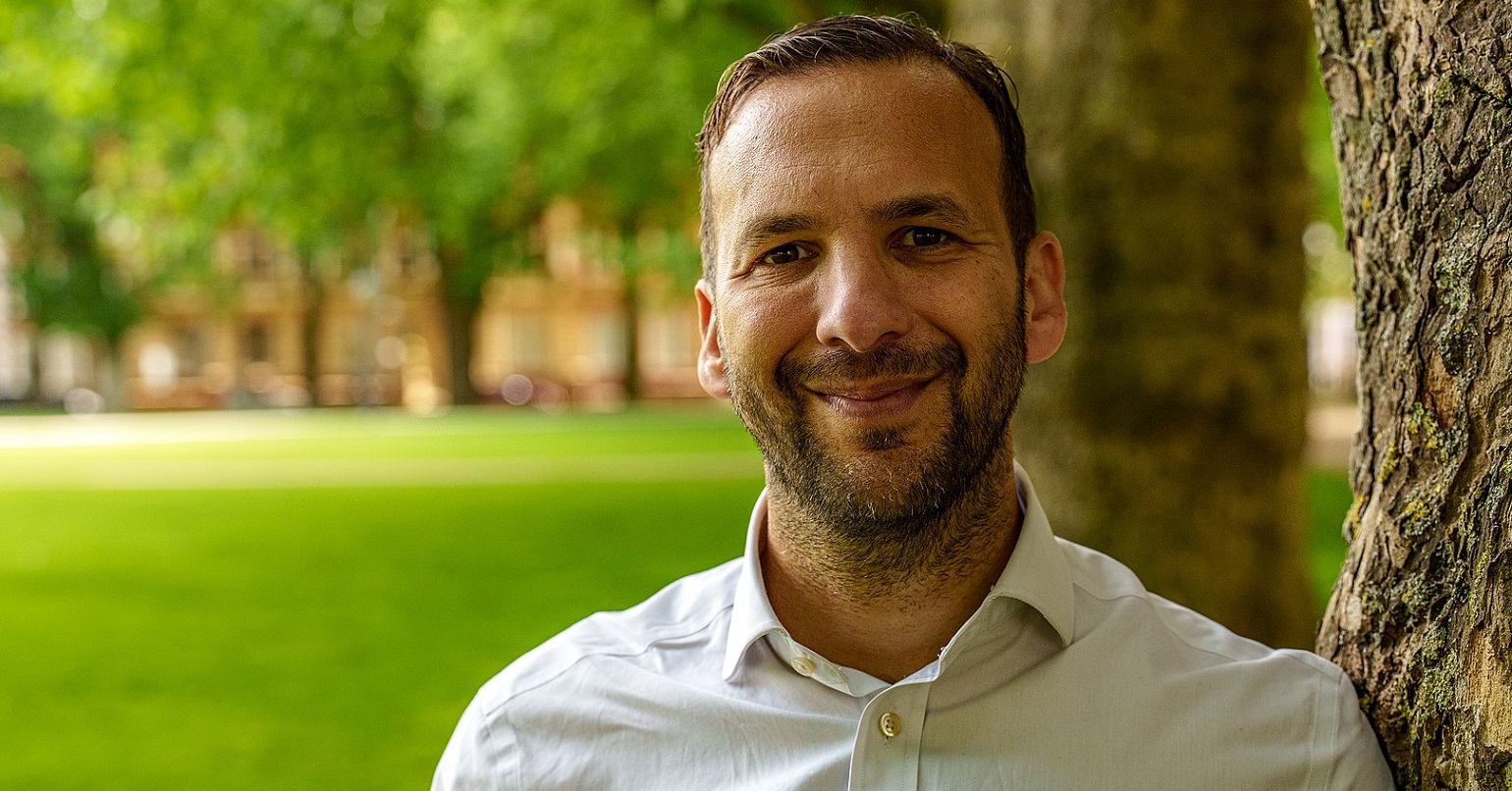Greens win Edinburgh council stand against Workfare
 Workfare – forcing people to work on pain of withdrawal of benefits – has formed a core part of the Coalition’s work strategy. It massages unemployment figures and provides a source of free labour.
Workfare – forcing people to work on pain of withdrawal of benefits – has formed a core part of the Coalition’s work strategy. It massages unemployment figures and provides a source of free labour.
In the latest of a series of extensions of the policy, today the Business Secretary, Vince Cable, announced he is developing an “earn or learn” policy that will deny benefits to unemployed school leavers. Meanwhile, Scottish charities described as “criminal” the UK government’s assault on the social safety net.
Local authorities are among the proposed “employers” of unemployed people forced onto Workfare, and should be in the front line of resisting it. I am delighted that last month, Edinburgh Council supported my call to reject the Westminster government’s Workfare schemes as unjust, immoral and counterproductive.
I put forward a motion arguing that the Council should have no part in forced labour schemes:
Council:
Notes the Workfare scheme introduced by the Westminster Government that forces people on welfare to work without payment under threat of loss of benefits;
Believes that this undermines paid employment, genuine volunteering and the social welfare system, and does not benefit individuals or communities, but perpetuates poverty;
Resolves not to take part in any Workfare or other forced labour scheme.
After an amendment from the Labour/SNP coalition administration requiring a Council discussion about any proposed involvement in such a scheme, this was passed. Perhaps unsurprisingly, neither the Conservatives nor the Lib Dems could bring themselves to rebel against their Westminster henchmen.
Workfare profits the rich. Wealthy companies benefit from free labour. They do not have to pay wages or staff benefits. (Didn’t we used to have another name for such ‘work’?).
Workfare threatens the poor and vulnerable. Rather than supporting them into employment, it threatens them with the loss of benefits if they refuse to work without pay.
Sanctions against poor and unemployed people will only exacerbate poverty, leaving these vulnerable people with little option other than to beg for money and handouts, or resort to crime to feed and clothe themselves and their families. It is small wonder that, with such draconian measures being meted out, we are seeing a rise in the use of food banks across the country.
Workfare undermines paid labour, something which we as a council should be encouraging. Edinburgh is doing some very good work improving employability opportunities and supporting skills training for our citizens. We should not, at the same time, be supporting any mandatory scheme that, according to the DWP’s own research, does not actually improve employment prospects.
Workfare undermines real volunteering. Forced labour is never voluntary. Real voluntary work should be supported and encouraged as an important part of building community and social capital. But the threat of loss of benefits that are a part of the Workfare schemes mean that this work can never be seen as voluntary.
Workfare is demeaning and punitive. It puts participants at risk of bullying (as they are labelled scroungers, benefit cheats, and worse). It treats the unemployed as if they were criminals, forcing them to do unpaid work akin to Community Service Orders given out by the Criminal Justice System.
Despite all of this, many companies and charities are involved in Workfare schemes, and Local Authorities are eligible to participate too. I am glad that most councillors in Edinburgh agree that we shouldn’t have anything to do with such schemes.
Boycott Workfare, a UK-wide campaign to end forced unpaid work for people who receive benefits, deserves all the support it can get!



Leave a Reply